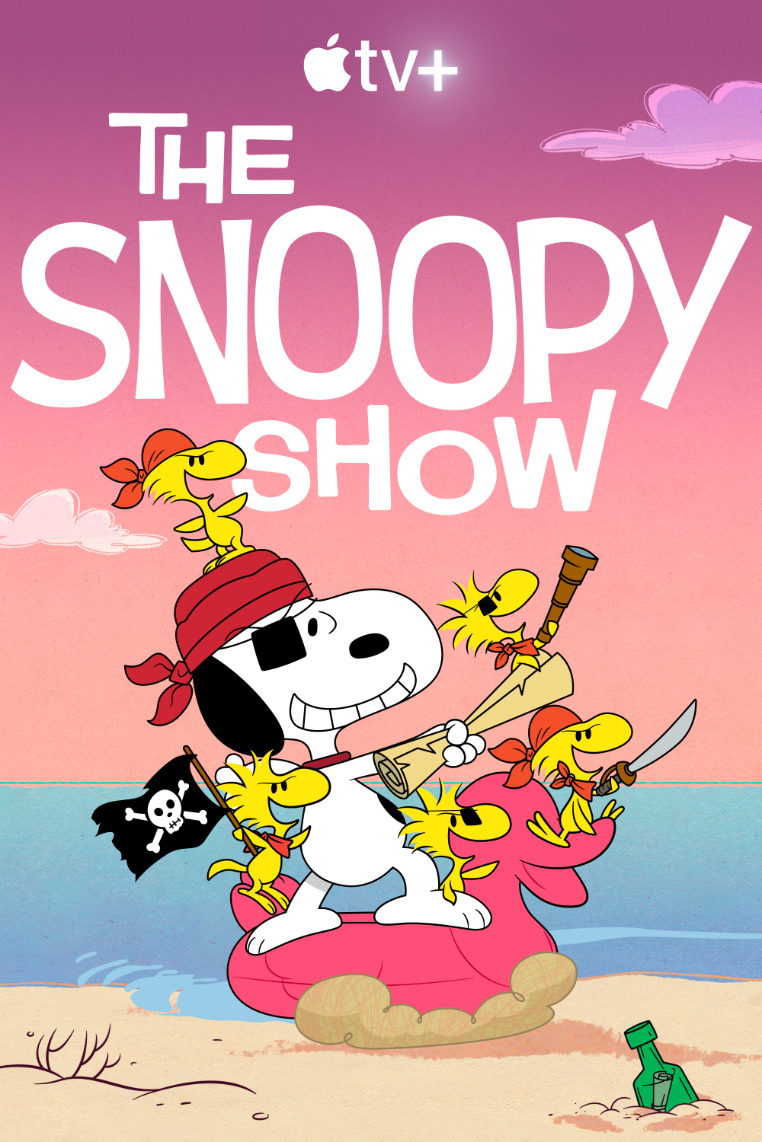NAPOLEON Ridicules ‘Both Napoleon and the History of France,’ Historian Says
By Movieguide® Contributor
The highly anticipated historical biopic NAPOLEON, starring Joaquin Phoenix and Vanessa Kirby, suffered disappointing box office numbers partly due to mixed reviews, with some critics citing many historical inaccuracies.
One of the critiques of the movie was the age representation of French Emporer Napoleon Bonaparte (Phoenix) and first wife Joséphine de Beauharnais (Kirby). Phoenix’s character is 14 years younger than the actor. There is also a significant age gap between Phoenix and Kirby, with Kirby being 14 years his junior, while the real-life Empress was six years older than Bonaparte.
“Josephine was a wise woman who had already had a life by the time she married Napoleon, who was this younger and very ambitious man,” historian Patrice Gueniffey told Variety. “That dynamic is completely altered in the film because Napoleon looks much older.”
Another issue that Gueniffey had with the movie was certain graphic scenes, especially those that were done for dramatic effect at the expense of historical correctness.
“I’m not against invented scenes but when we see Napoleon putting his hand in the wounded horse to retrieve the bullet and give it to his mother, I thought it was grotesque,” he said.“He had a very distant relationship with his mother.”
In NAPOLEON, the titular character is also shown bombing the pyramids in Egypt.
“Napoleon killed a lot of people in Egypt, but he didn’t touch any landmarks,” Gueniffey said, adding, “He brought 130 scholars on this expedition to make an inventory of the Egyptian civilization, so if anything we owe Napoleon the creation of ancient Egyptian studies.”
Napoleon expert and media columnist Romain Marsily, who produced a documentary on the famed military commander, shared Gueniffey’s disappointment with the pyramid-bombing scene.
“When I saw the bombing of the pyramids on the trailer, I thought it was ridiculous but I thought, ‘OK, Ridley Scott is giving us his take on Napoleon!’” Marsily told Variety.
Gueniffey and Marsily were not surprised by the initial turnout in French theatres due to the country’s “fascination” with Bonaparte, according to Marsily, and Gueniffey cited a survey stating, “74 percent of people polled still admire Napoleon.”
But historical inaccuracies might have been behind the lackluster second week at the box office. Comscore France’s Eric Marti noted that the movie “debuted with a bang in France but lost 50% in its second week, which is a sign of a bad word-of-mouth.”
“This film is like spitting in the face of French people because it feels like Ridley Scott ridiculed both Napoleon and the history of France,” Marsily said.
Marsily also criticized Scott’s movie for not depicting one of his failures as leader— his reinstating slavery in the French West Indies.
“That was Napoleon’s biggest regret,” he said, “because like any revolutionary, Napoleon was in favor of abolishing it. But when he became Emperor of France, he made this decision under political pressure and a complicated geo-political context with the British.”
Scott also failed to show some of Napoleon’s successes, according to Marsily, presenting him as a “mediocre” leader.
“Napoleon was a symbol of meritocracy because he succeeded even though he wasn’t a noble, but watching the film you come out thinking he was a total idiot,” Marsily stated.
“Napoleon wasn’t a saint and no one expected Scott to give an evangelical portrayal of him, but his Napoleon is so grotesque that you keep wondering how he even got there,” he continued.
When the BBC asked Scott about the criticisms of the liberties taken with his movie, he responded bluntly, saying, “Were you there? Oh, you weren’t there. Then how do you know?”
Screenrant wrote that it wasn’t just the accuracy of the movie that hurt NAPOLEON at the box office but marketing, an over two-hour runtime and its R-rating.
“Napoleon is an R-rated historical drama with a long runtime. Generally, these types of movies do not do so well in theaters unless they are part of a greater moviegoing experience, like ‘Barbieheimer,’” Megan Hemenway wrote in Screenrant.
Movieguide® recently reviewed NAPOLEON:
NAPOLEON stars Joaquin Phoenix as the famous French general and emperor. It focuses on Napoleon’s military career and his relationship with his wife, Josephine. It details his first military success in 1793 in the south of France and shows him putting down a royalist revolt in 1795. In 1799, he leads a coup against the French government and is appointed First Consul, effectively becoming a military dictator. Meanwhile, he meets and marries Josephine. The couple weathers a bout of infidelity but divorce in 1810 when it becomes clear Josephine can’t produce an heir. The rest of the movie shows how Napoleon meets several military challenges, an incredible career that ends with two famous defeats.
NAPOLEON is beautifully filmed by Director Ridley Scott, with spectacular, violent battle scenes and attention to period detail, costuming and set design. However, as a biography, NAPOLEON reduces Napoleon Bonaparte’s character to animalistic, childlike appetites of ambition, sex and power. It skips over his desire for social order, his patriotic allegiance to France and his commitment to the French Enlightenment, mitigated by his government’s reconciliation with the Catholic Church.
Questions or comments? Please write to us here.


 - Content:
- Content: 


